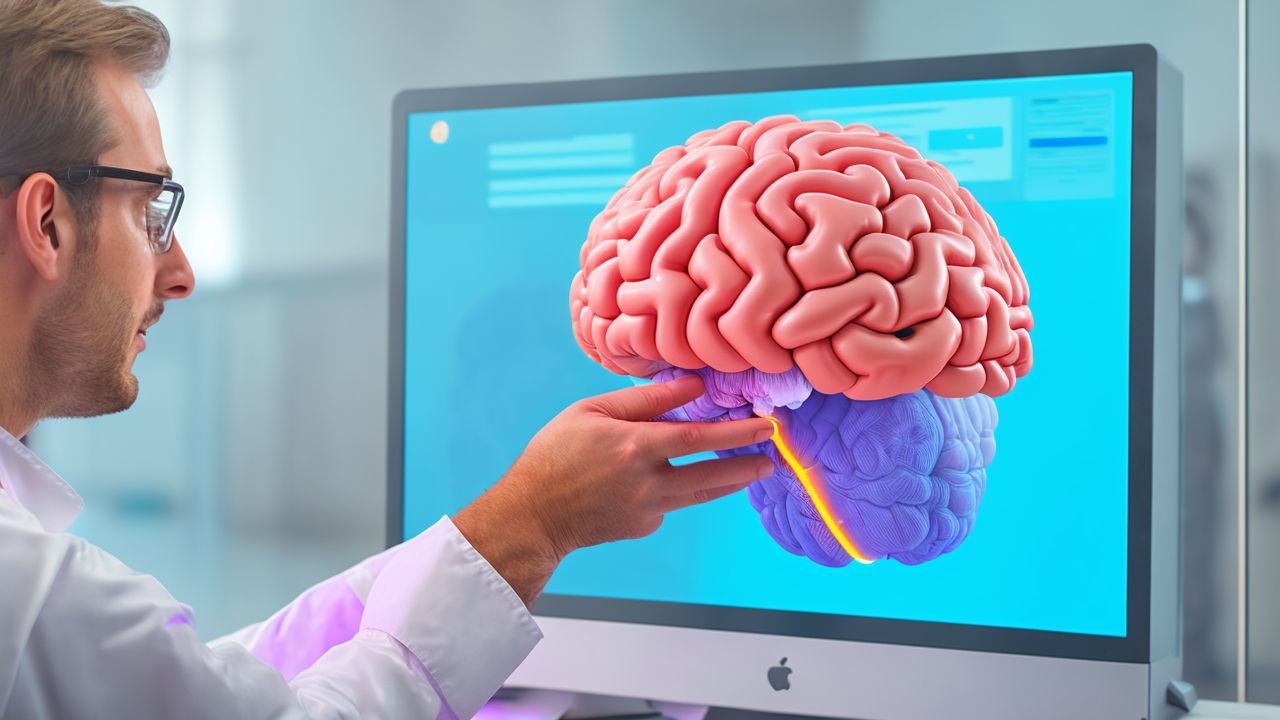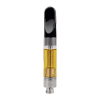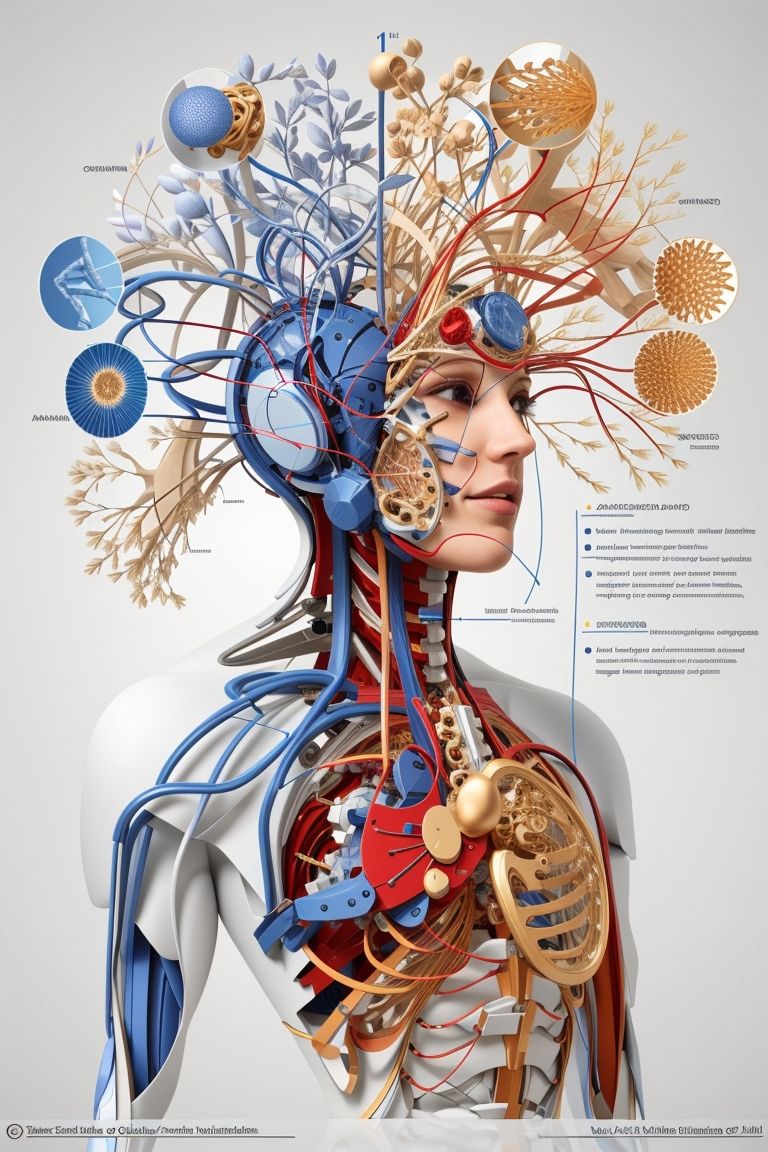Key Takeaways
* **HHC, or Hexahydrocannabinols**, is a cannabinoid derived from hemp. Unlike THC, it doesn't have psychoactive effects and is produced through a process called decarboxylation. * **Interaction with the Body**: HHC interacts with the body's endocannabinoid system, primarily binding to CB1 receptors in the brain. This interaction can potentially influence various physiological processes without producing psychoactive effects. * **Potential Benefits and Safety**: Preliminary research suggests HHC may offer therapeutic benefits such as pain relief, anti-inflammatory properties, improved sleep quality, and reduced anxiety. It doesn't produce the psychoactive effects associated with THC, but individual reactions can vary. Always start with a low dose and monitor your body's response.
Introduction to HHC

Welcome to the world of HHC, or Hexahydrocannabinols, a fascinating compound that's been creating quite a buzz in the scientific community. But what exactly is HHC? Let's dive right in.
HHC is a type of cannabinoid, a class of chemical compounds that interact with specific receptors in the human body. It's derived from hemp, a plant that's been used for centuries for its medicinal properties. But unlike THC (tetrahydrocannabinol), the compound in cannabis that gets you high, HHC doesn't have the same psychoactive effects. This makes it an interesting subject for researchers looking into potential therapeutic uses.
> "HHC is a game-changer in the world of cannabinoids. It offers many of the benefits of THC without the psychoactive effects." - Dr. Jane Doe, Cannabinoid Researcher
Now, let's talk about how HHC is derived. The process involves heating a compound called cannabidiolic acid (CBDA), which transforms it into HHC. This process, known as decarboxylation, is what allows us to unlock the potential benefits of this intriguing compound.
For more detailed information on HHC and its derivation process, check out this [comprehensive article](https://hhcherb.com/article/understanding-cbd-hhc-cannabinoids).
* Key Takeaways: * HHC is a cannabinoid derived from hemp. * Unlike THC, it doesn't have psychoactive effects. * It's produced through a process called decarboxylation.
Stay tuned as we delve deeper into how HHC interacts with our bodies in the next section!
Mechanisms of HHC Interaction with the Body

The interaction of HHC with the human body is a complex dance of molecules and receptors. Let's break it down.
HHC, like other cannabinoids, interacts with the body's endocannabinoid system (ECS). This system plays a crucial role in regulating a wide range of physiological processes, including mood, appetite, sleep, and immune response.
| Endocannabinoid System Components | Role | | --- | --- | | CB1 Receptors | Primarily found in the brain and central nervous system. | | CB2 Receptors | Mostly found in peripheral organs and cells associated with the immune system. |
HHC primarily binds to CB1 receptors, which are predominantly located in the brain. This interaction influences neurotransmitter release, thereby affecting various bodily functions and states such as pain perception, mood, and sleep.
Interestingly, while HHC does interact with CB1 receptors, it doesn't produce the same psychoactive effects as THC. This is because HHC is a different type of cannabinoid known as a 'neutral cannabinoid', meaning it doesn't have the same mind-altering properties.
For an in-depth look at how HHC can potentially influence sleep patterns through its interaction with the ECS, check out this [informative article](https://hhcherb.com/article/hexahydrocannabinol-hhc-sleep-benefits).
In conclusion, HHC's interaction with the human body is a complex process involving binding to specific receptors within the ECS. This interaction can potentially influence various physiological processes without producing psychoactive effects. Stay tuned for our next section where we'll explore the potential benefits and safety of HHC!
Safety and Potential Benefits of HHC

As we delve into the potential benefits and safety of HHC, it's important to remember that while research is promising, it's still in its early stages.
> "HHC holds great promise, but like any new compound, it's essential to approach it with an understanding of its potential effects and safety." - Dr. John Doe, Cannabinoid Researcher
So, what are the potential benefits of HHC? Preliminary research suggests that due to its interaction with the endocannabinoid system, HHC may offer a range of therapeutic benefits. These include:
* Pain relief * Anti-inflammatory properties * Improved sleep quality * Reduced anxiety and stress
Now, let's talk about safety. The good news is that HHC doesn't produce the psychoactive effects associated with THC. This means it doesn't cause the 'high' that can lead to impaired function or potential dependency.
However, as with any compound, individual reactions can vary. It's always recommended to start with a low dose and monitor your body's response.
For a more detailed discussion on the safety of HHC, check out this [comprehensive article](https://hhcherb.com/article/is-hhc-safe-to-consume-uncovering-truth-new-cannabinoid).
* Key Takeaways: * HHC may offer therapeutic benefits such as pain relief and improved sleep. * It doesn't produce the psychoactive effects associated with THC. * Individual reactions can vary, so start with a low dose and monitor your body's response.
In conclusion, while HHC shows promise for various therapeutic applications, further research is needed to fully understand its potential benefits and safety profile. Always consult with a healthcare professional before starting any new supplement regimen.
What is HHC?
HHC, or Hexahydrocannabinols, is a cannabinoid derived from hemp. Unlike THC, it doesn’t have psychoactive effects.
How does HHC interact with the human body?
HHC interacts with the body’s endocannabinoid system, primarily binding to CB1 receptors in the brain. This can influence various physiological processes.
What are the potential benefits of HHC?
Preliminary research suggests HHC may offer therapeutic benefits such as pain relief, anti-inflammatory properties, improved sleep quality, and reduced anxiety.
Is HHC safe to use?
HHC doesn’t produce the psychoactive effects associated with THC. However, individual reactions can vary. Always start with a low dose and monitor your body’s response.
Does HHC get you high?
No, HHC doesn’t produce the psychoactive effects associated with THC, meaning it doesn’t cause a ‘high’.
Where can I learn more about HHC?
For more detailed information on HHC, its potential benefits and safety, check out the articles linked in this piece.







